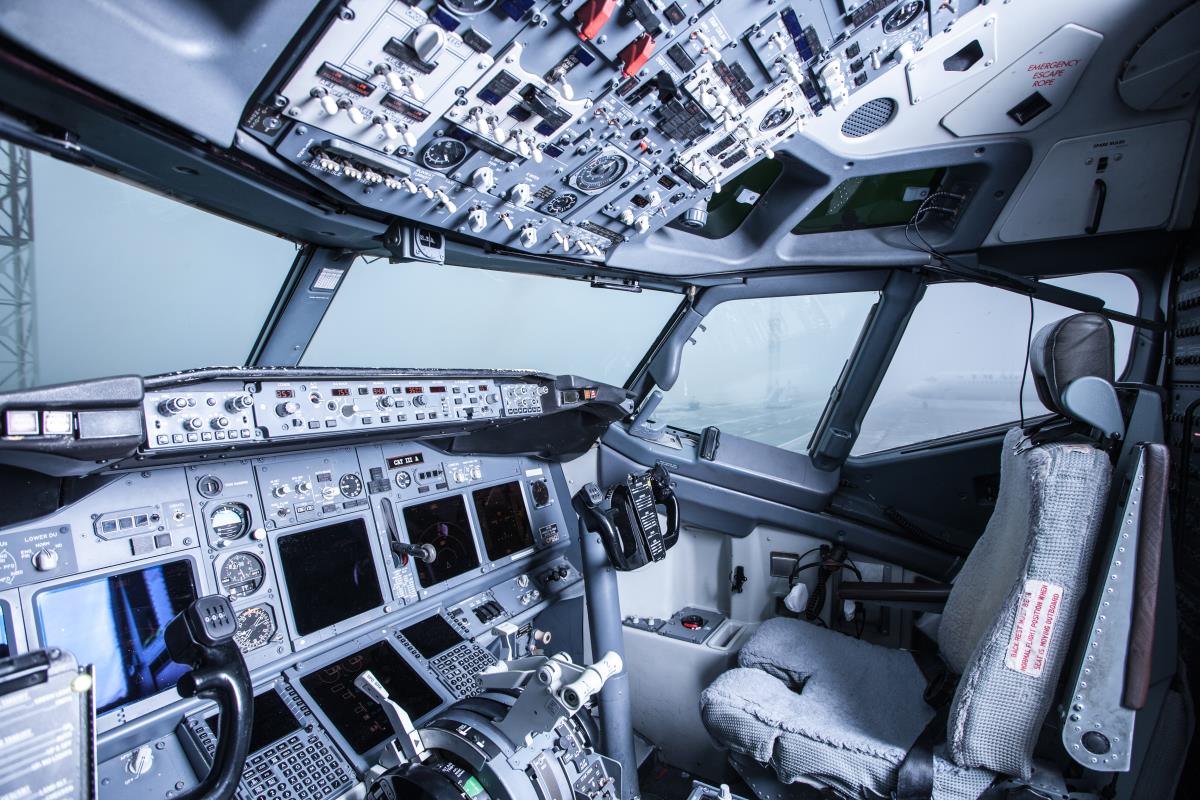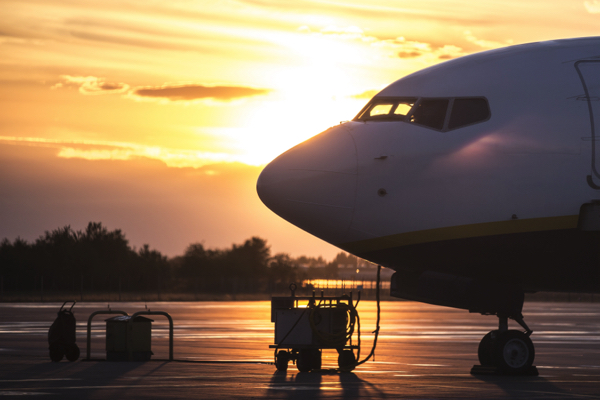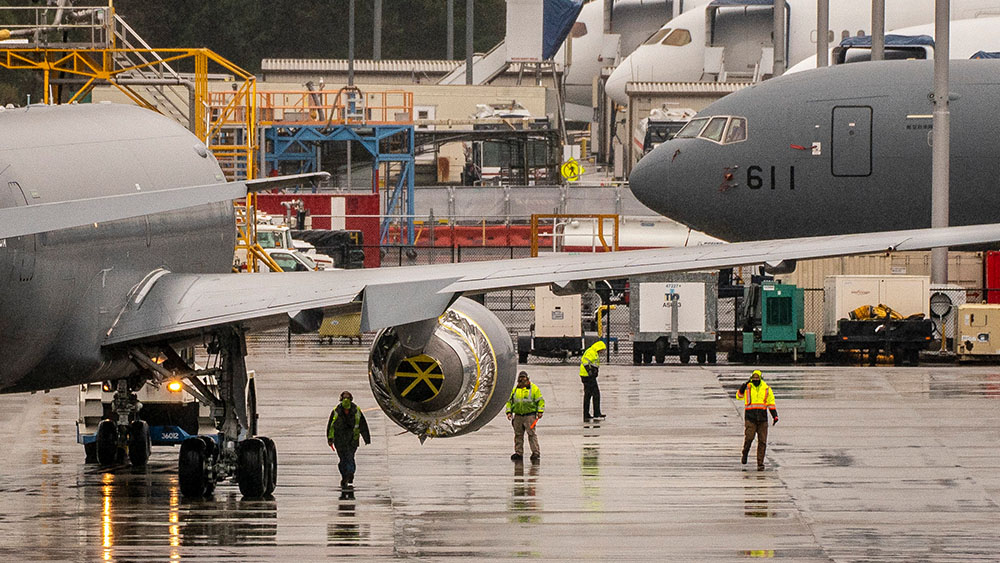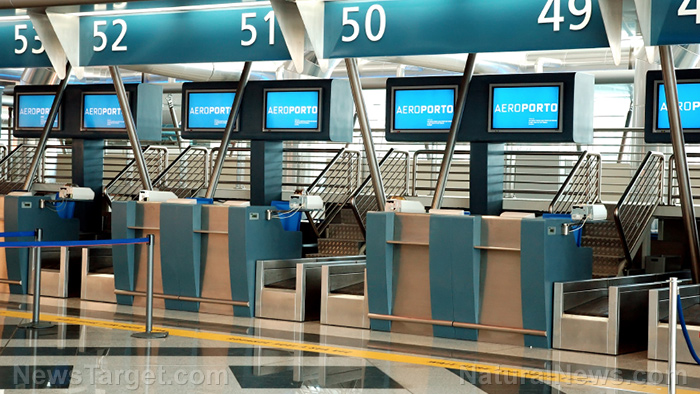
(Article by Henry Johnston republished from RT.com)
Rather than perform a simple flyover, the swaggering Tex, who got his start flying crazy loops on daredevil flights on a tri-motor plane across the dusty plains of Kansas, aimed to impress the gathered luminaries. Instead, he put the plane into a stunning barnstormer-like double barrel roll that left the crowd below astonished and his boss, Boeing CEO Bill Allen, mortified that the newly crafted jet was out of control and about to crash.
It was a fitting gesture for a plane whose very genesis was the result of a huge gamble. As the 1950s dawned, Boeing was at a crossroads. Having thus far thrived as a manufacturer of military aircraft whose modest forays into commercial aviation had met little success, the company needed direction as its defense contracts had mostly dried up with World War II over and the Korean War winding down.
It was at this time that CEO Bill Allen decided to bet the house – $16 million to be exact, a huge sum in those days – on building a jet transport prototype. It is hard to overstate how ambitious this project was. Not a single customer had committed to buying the plane, and it was hardly clear that such an aircraft would be viable in the market. “The only thing wrong with the jet planes of today,” said the head of TransWorld Airlines around that time, “is that they won’t make any money.”
Failure may very well have meant the end of the company. It was a resounding success. After a few lonely, uncertain years, an aircraft was built that would shrink the world and usher in the glittering jet age. A few short years later, the company would embark on another hugely expensive gamble that paid off when it undertook to build the six-story-high, 225-foot-long Boeing 747.
In 1957, when the 707 made its maiden flight, fewer than one in ten American adults had ever traveled in an airplane. By 1990, more adult Americans had flown than owned a car.
For many decades, Boeing was a decidedly unpretentious, engineer-driven company with a culture emphasizing both dazzling innovation and the sober virtue of impeccable craftsmanship. It was a place where the top managers held patents and could talk shop with the floor workers.
Even as late as the mid-1990s, the company’s chief financial officer reportedly kept his distance from Wall Street and answered colleagues’ requests for basic financial data with a dismissive, “Tell them not to worry.”
In hindsight, this principled aloofness has a bit of Shakespearean “last of all the Romans” feel. The company would soon be transformed beyond recognition.
Great companies invariably embody some intangible quality of the nations that spawned and nurtured them. Boeing came to represent in distilled and mythologized form something that Americans had come to see as forming an essential part of their national identity: unpretentious and focused on the task at hand. But if Boeing was the quintessential American company on the way up, it came to embody many of the country’s ills on the way down. Few companies have traced an arc of ascendancy and decline that so closely mirrors the nation’s own trajectory.
The singular event cited as marking the beginning of Boeing’s downfall was its 1997 merger with McDonnell Douglas, which put it on a collision course with a culture steeped in cost-cutting and financial performance. Somewhat perversely, although Boeing had acquired McDonnell, it was the latter that took over. McDonnell’s executives ended up running the company and its culture became ascendant. Scores of cut-throat managers battle-hardened in the company’s perform-or-die culture were brought in. A federal mediator once likened the partnership to “hunter killer assassins meeting boy scouts.”
The self-effacing and introspective Bill Allen, Boeing’s genteel CEO through the post-war era and the man behind the 707 gamble, described his company’s ethos as “to eat, breathe, and sleep the world of aeronautics.” But a new generation of leaders was emerging who brought new priorities and a new vocabulary. It was no longer about making great airplanes; it was about “moving up the value chain.” What it was really about was maximizing shareholder value.
Now looming like a colossus over Boeing was the figure of Harry Stonecipher, McDonnell’s CEO. The blunt, hard-nosed son of a coal miner, Stonecipher was known for vicious cost-cutting, emails written in all caps – and for jettisoning executives who didn’t hit financial targets. But Stonecipher was a ‘winner’: McDonnell’s stock price had risen fourfold under his tenure.
What predictably ensued was nothing short of a complete transformation of Boeing from being a company run by engineers to one that prized financial profit over all, and was willing to cut all manner of corners to reduce costs and boost returns. The quality of the product was, to put it mildly, severely compromised.
Downstream from these changes are the spectacular failures we all know about: the outrageous cost overruns, delays and production issues in making the Boeing 787, which ended up being temporarily grounded for battery fires that regulators attributed to flaws in manufacturing, insufficient testing and a poor understanding of an innovative battery; the abject failure of the jimmy-rigged 737 MAX, which saw two deadly crashes and, most recently, a harrowing incident in which a sealed-off emergency exit blew out mid-air in an Alaska Airlines flight, leaving a gaping hole in the fuselage.
Read more at: RT.com
Please contact us for more information.






















